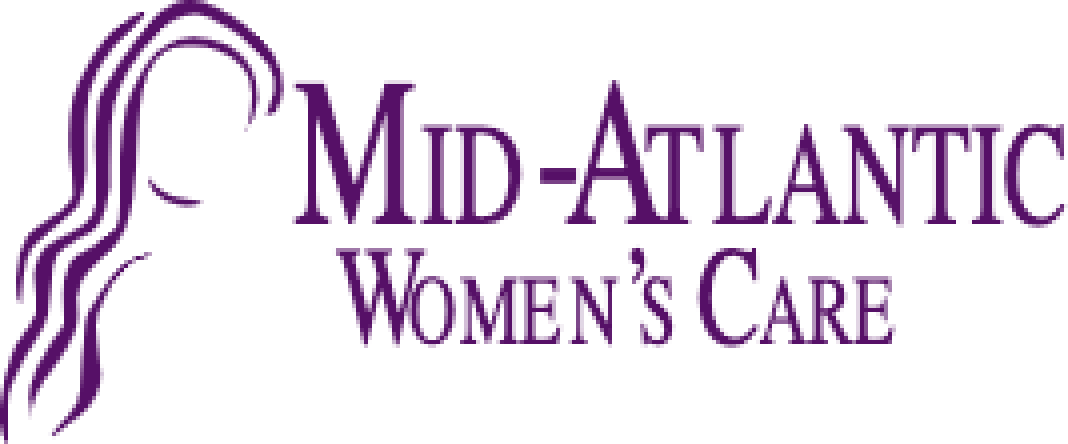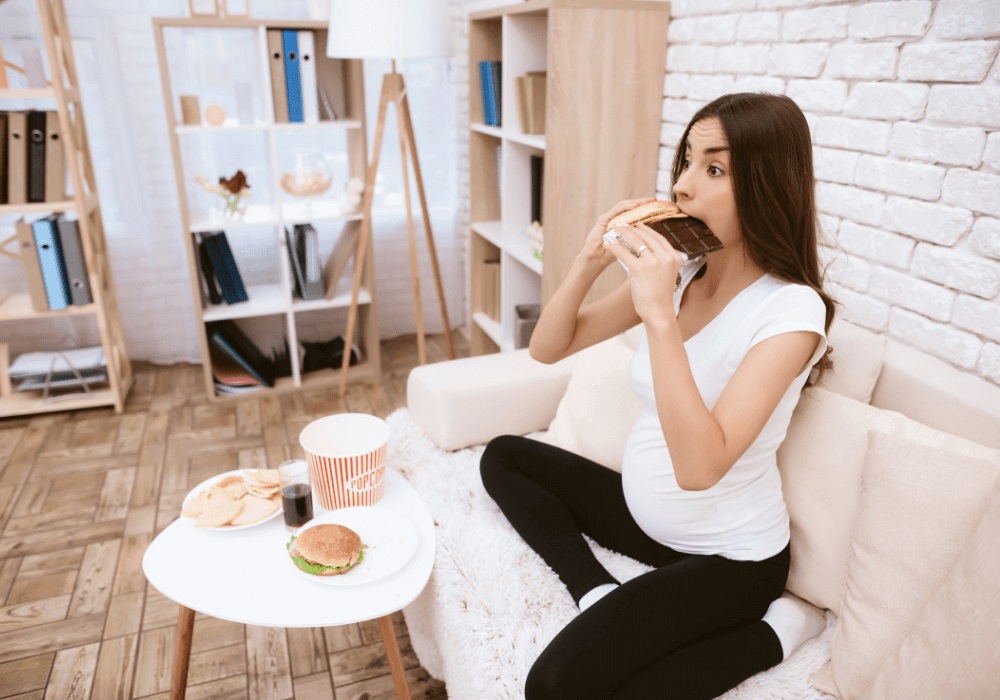With the Internet, your friends, and family all saying different things, it can be a little confusing what foods are safe to consume during pregnancy and which foods you should no-way-under-any-circumstances eat. Don’t worry – we’ve got you!
Here is a list of what you should not eat during pregnancy, why they can be harmful, and some alternatives to help you avoid them entirely.
1) Raw Meat
Rare or undercooked beef or poultry can affect you and your baby with coliform bacteria, parasites, toxoplasmosis, and salmonella.
Meats are a little tricky because there are so many different ways you can cook them. Your best bet, when cooking and eating meat, is to check the internal temperature based on this chart:
2) Fish High in Mercury
Fish containing high levels of mercury have been linked to developmental delays and brain damage when consumed during pregnancy. You should avoid albacore tuna (most commonly used to make canned tuna) and certain types of fish used in sushi due to high levels of mercury.
A little bit won’t hurt, but for the most part, you should avoid high mercury intake or it could have serious effects on your and your baby’s immune and nervous systems.
3) Raw and Smoked Fish
Just like raw meat, raw and smoked fish (including shellfish: oysters, clams, and mussels) run the risk of being contaminated with bacteria and parasites, the most common of which is listeria.
Pregnancy makes you 20 times more likely to be infected by listeria because pregnant individuals have a naturally depressed cell-mediated immune system. Listeria can lead to miscarriage, stillbirth, or other serious health issues.
If you’re a sushi lover, you should avoid it during your pregnancy as even the highest quality sushi can be dangerous to yours and your baby’s health. If you are absolutely craving sushi, go for the rolls made of cooked shrimp, salmon, and crab and you’ll find that they satisfy your craving just as much.
4) Pre-packaged Deli and Canned Meat
These have also been linked to listeria, which can lead to infection or blood poisoning and can be seriously life-threatening.
Because the food generally is exposed to bacteria during the processing and storing time, canned or deli meats are ok to eat if you reheat them until they are steaming. But if not, fresh meat is just a safer option.
5) Raw Eggs
Due to potential exposure to salmonella, raw eggs or foods containing them should not be consumed.
That includes homemade Caesar dressings, mayonnaise, homemade ice cream, Hollandaise sauces, and yes even that raw cookie dough that is so tempting when you’re baking, no matter how good it looks.
Commercially manufactured ice creams, dressings, and eggnog generally use pasteurized eggs, which don’t carry the risk of salmonella, so those are your best bet during your pregnancy.
6) Unpasteurized Milk
While you may be under the impression that raw milk has health benefits that pasteurized milk doesn’t offer, you’re exposing yourself and your baby to harmful bacteria, viruses, and parasites.
Pasteurized milk is an easy alternative.
7) Unpasteurized Juice
Same applies as above but maybe you’re just unsure what qualifies as “unpasteurized juice.” Fresh cider from a farm or freshly squeezed juices, as delicious and fresh as you think they may taste, can also contain harmful bacteria.
8) Soft Cheeses
Soft cheeses are often made with unpasteurized milk, so again they can contain bacteria, specifically listeria. Most imported soft cheeses are made this way including Brie, Bleu, Feta, Camembert, Roquefort, Gorgonzola, and Mexican cheeses like queso blanco.
Soft cheeses made from pasteurized milk do exist and can be consumed while you’re pregnant, so just check the ingredients list.
9) Unwashed Fruits and Vegetables
Fruits and vegetables are an essential part of a balanced diet but, it is also essential that they are thoroughly washed to avoid potential exposure to Toxoplasma. This is a bacteria derived from contaminated soil where the foods were grown and can leave your baby with brain damage or blindness.
10) Excess Caffeine
While studies seem to show varying results as to whether or not caffeine intake in moderation during pregnancy is permissible, we say err on the side of caution. The American College of Obstetricians and Gynecologists (ACOG) advises pregnant women to limit their caffeine intake to less than 200 milligrams per day (about an 11-ounce cup of coffee). Caffeine has been related to miscarriages so it should not be consumed excessively, particularly during the first trimester. Caffeine is a diuretic, which means it eliminates fluids (water and calcium) from your body, fluids that are essential to a healthy baby’s growth.
Make sure you are drinking plenty of water, pasteurized juices, and milk.
11) Alcohol
While studies have shown different results for caffeine, not a single one has shown that any amount of alcohol consumption, no matter how minimal, is safe during pregnancy. Prenatal exposure to alcohol can interfere with the healthy development of your baby and lead to Fetal Alcohol Syndrome and other developmental disorders.
If you consumed alcohol before knowing you were pregnant, stop drinking now and continue through breastfeeding. Exposure to alcohol in any capacity can be harmful to an infant and yes, it can reach them through breastfeeding.

